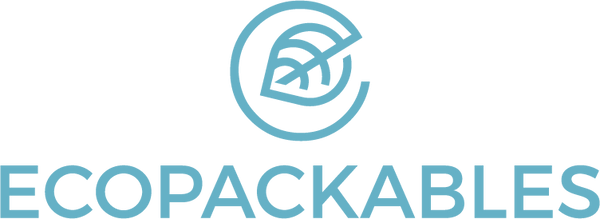Image Source: Pexels
Greenwashing is the practice of making false or misleading claims about the environmental benefits of a product or service. This can include exaggerating the degree to which a product is environmentally friendly, making false claims about a product's environmental benefits, or using vague or undefined terms to describe a product's environmental attributes. Greenwashing is often used by companies to make their products appear more environmentally friendly than they actually are, in order to appeal to environmentally conscious consumers.
There are a few ways to avoid greenwashing and ensure that you are purchasing products that are truly environmentally friendly:
- Look for third-party certifications: Organizations such as the Forest Stewardship Council (FSC) and BIP which have strict criteria for certifying products as environmentally friendly. Products that carry these certifications are more likely to be genuinely green.
- Read the fine print: Look beyond the marketing claims and read the product's packaging and labeling. If a product makes a vague or undefined claim, such as "eco-friendly," it may be greenwashing.
- Research the company: Look into the company's overall environmental record and policies. A company that has a history of environmental responsibility is more likely to produce truly green products.
- Compare products: Compare the environmental claims of different products and look for independently verified information.
- Be skeptical of "green" products that are significantly cheaper than similar products: If a product is significantly cheaper than similar products, it may be because the company cut corners on environmental standards.
- Be critical: Be critical of the information and claims presented by the companies, ask questions and dig deeper, Don't take everything at face value.
At EcoPackables we ensure the products are properly certified before presenting to customers so they can use the certified logos in their artwork. We believe by facilitating this, it will be both inviting and appealing to customers to choose a path with focus on sustainability.
Here is a list of certifying bodies who test and credit various products all over the world.
Here are some of the popular certifications we can get on our products (Subject to material)
BPI (BioPreferred Program) certification is a program run by the United States Department of Agriculture (USDA) that certifies products as biobased. Biobased products are made from renewable agricultural, marine, and forestry materials. The program aims to reduce dependence on fossil fuels and promote the use of biobased products.
TUV (Technischer Überwachungsverein) is a German organization that provides third-party certification and testing services for a wide range of products and services. TUV is one of the leading certifying bodies in the world, and their certifications are recognized globally.
GRS certification includes a set of standards that cover the entire supply chain, from sourcing of raw materials, to manufacturing, packaging and labeling. This includes requirements for traceability, environmental and social responsibility, and chemical management.
To be GRS certified, a product must meet a minimum threshold of recycled content, which ranges from a minimum of 50% for some materials to a minimum of 80% for others. Additionally, the entire supply chain must be audited and certified by a third-party organization, such as Control Union Certifications or Intertek.
FSC (Forest Stewardship Council) certification is an international standard that promotes responsible management of the world's forests. The FSC certification system is based on a set of principles and criteria that are designed to ensure that forests are managed in an environmentally responsible, socially beneficial, and economically viable way.

